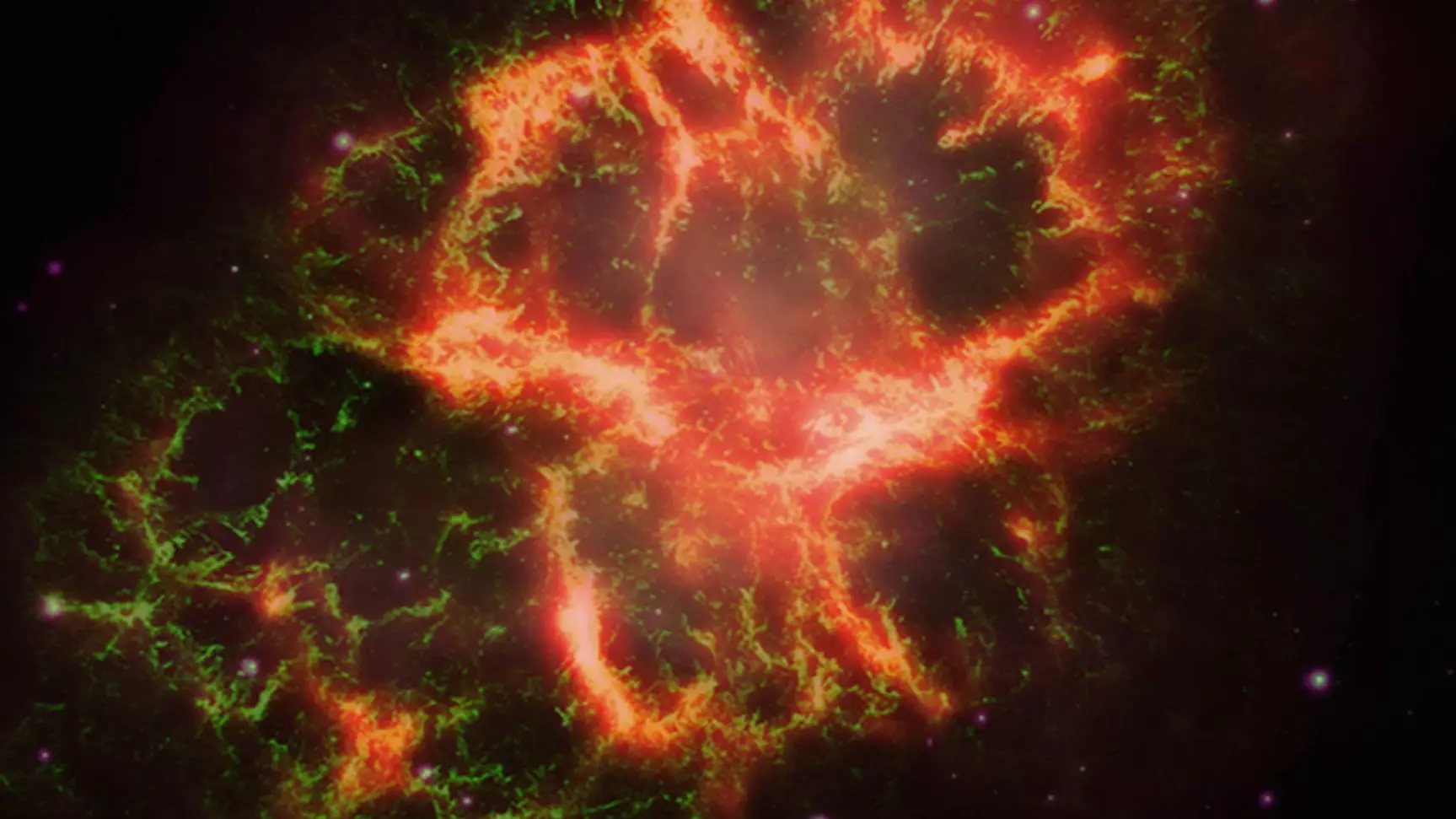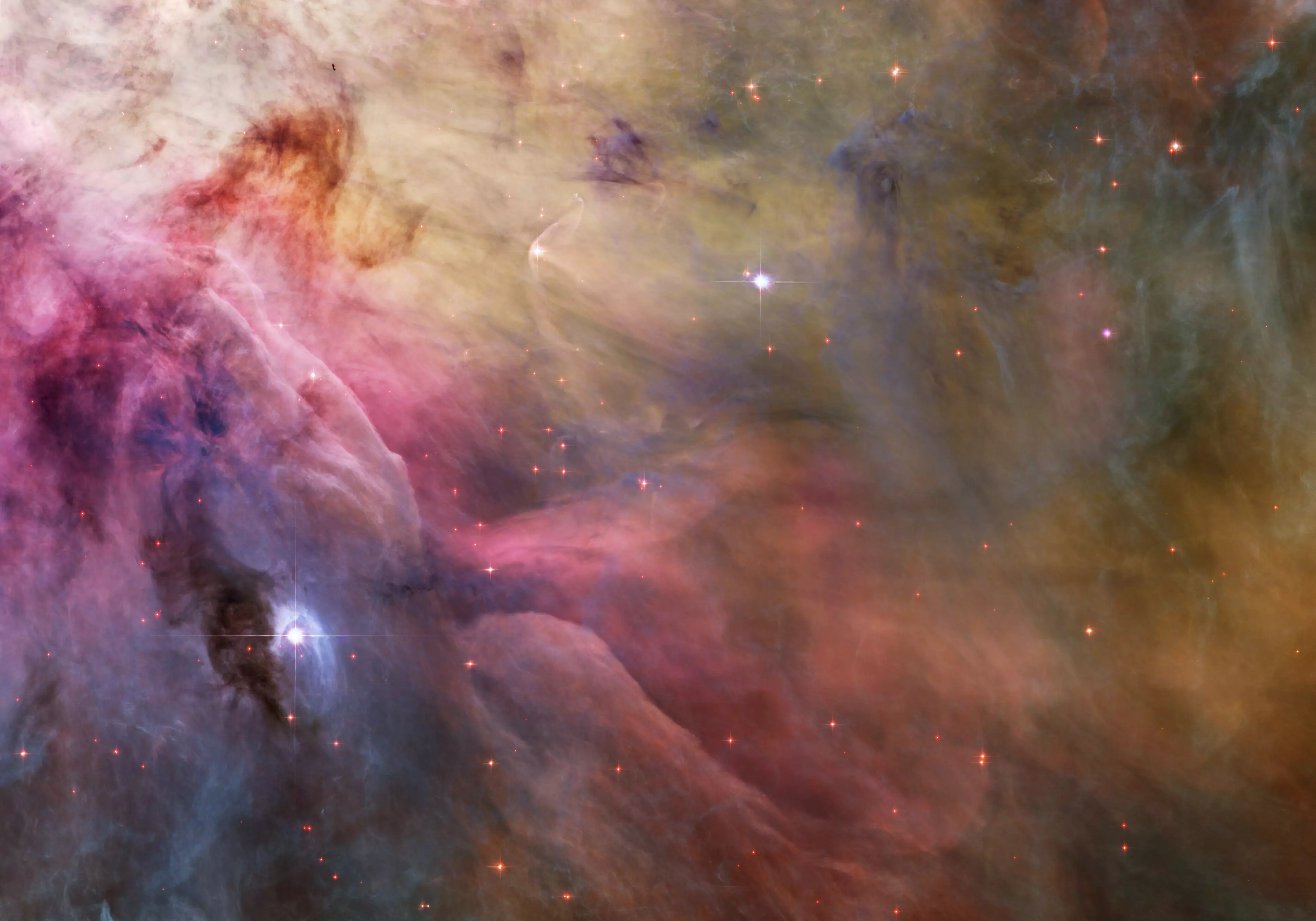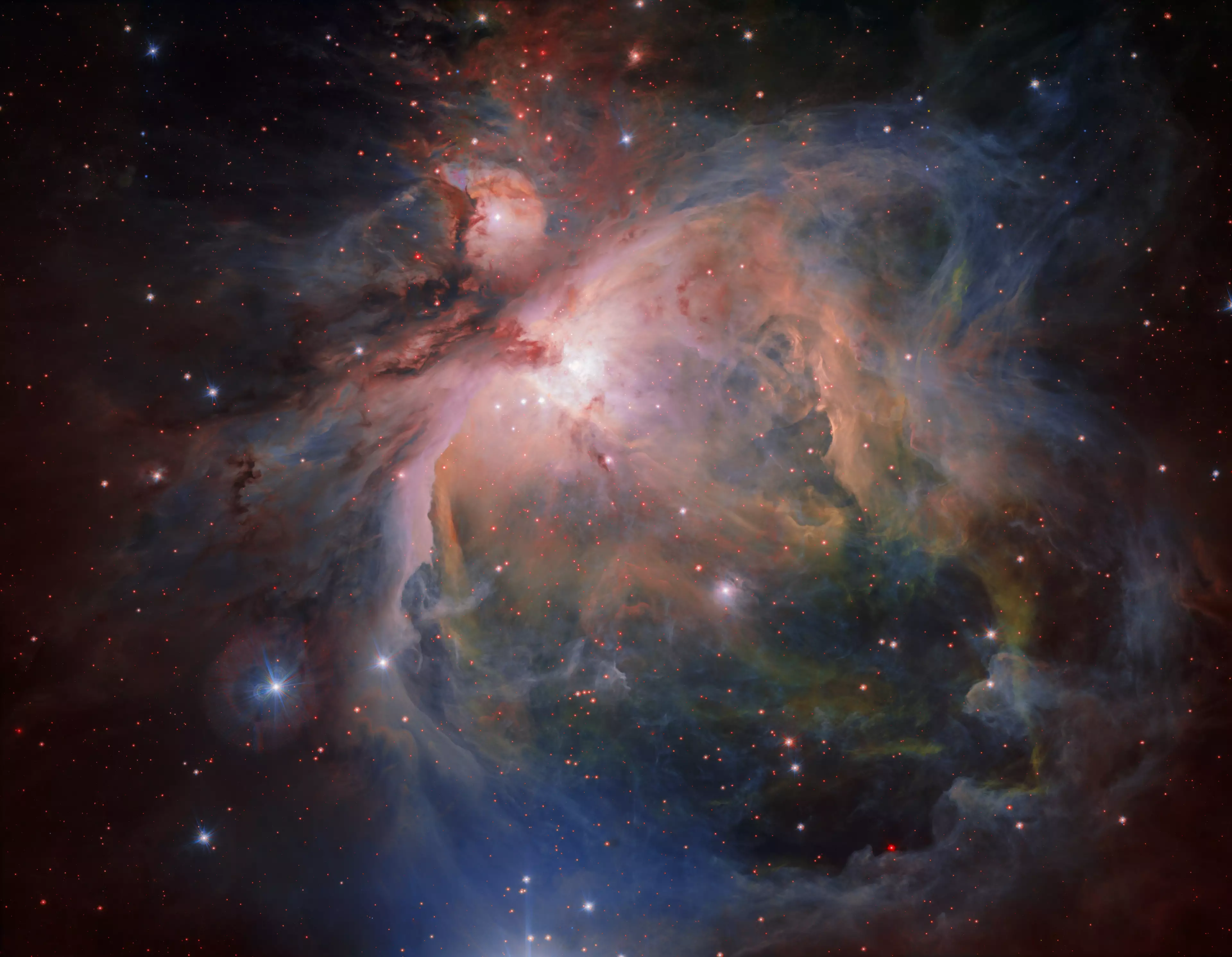
A new piece of research suggests that the existence of alien life out there in the universe might be less likely than previously thought.
Yes, the universe could be a lot lonelier than we think after all - the truth may just not be out there.
The research, from the University of Cardiff, - and bear with me here - has discovered that a chemical called phosphorus might just be in shorter supply than sci thought.
This is important because the element is vital for energy transfer and storage within cells and is basically essential for the formation of DNA.
Assuming that for alien life to exist, they would need to have cells and DNA and the like, this phosphorus shortage could mean that alien life is hard to come by in the vastness of space.
Phosphorus is created during the explosions at the end of the lives of stars. These explosions are called supernovae and they create a load of energy - like, enough to outshine entire galaxies.

However, the new research has discovered that in your average supernova the conditions are not always present for the creation of phosphorus.
This means that our little planet might just have been incredibly lucky to have been situated where it was - within a reasonable distance of the correct type of supernova.
This doesn't mean that there are not other life forms out there, just that they might be even more far-flung and few than we might reckon.
Dr Jane Greaves, an astronomer from the University of Cardiff, told The Metro: "The route to carrying phosphorus into new-born planets looks rather precarious.
"We already think that only a few phosphorus-bearing minerals that came to the Earth, probably in meteorites, were reactive enough to get involved in making proto-biomolecules.
"If phosphorus is sourced from supernovae, and then travels across space in meteoritic rocks, I'm wondering if a young planet could find itself lacking in reactive phosphorus because of where it was born?
"That is, it started off near the wrong kind of supernova.
"In that case, life might really struggle to get started out of phosphorus-poor chemistry, on another world otherwise similar to our own."

Get all that? Good.
The evidence comes from a study that they've been performing using Britain's William Herschel Telescope in the Canary Islands to observe the Crab Nebula is a search for signs of iron and phosphorus.
The Crab Nebula is the aftermath of a supernova that is 6,500 light years away. They're going to widen their search to include other supernovae to see if they show the same signs.
It could be that E.T's home is a lot further away than previously thought. I'm not sure if this is good news or bad news.
Featured Image Credit: Dr Jane Greaves/University of Cardiff